
Automation and Datafication of Communication (2)
With the digitalization and profound mediatization of society, questions about the automation of communication and the role of digital data for various social, political and cultural processes are gaining in importance. This is exemplified by the current public discussion about chatbots and ChatGPT, the influence of bots on political communication or the handling of user data by tech companies.
Whether social bots, voice-controlled personal assistance systems or new types of speech generation systems based on machine learning – automated systems that communicate with us are playing an increasingly important role in everyday life. The possible applications are manifold. In journalism, education, political communication or for entertainment: non-human communication participants are increasingly becoming a normal part of everyday media life. This not only affects direct interaction with humans, but also how communication dynamics in societies as a whole change with these systems.
This is precisely where the research focus “Automation and Datafication of Communication” comes in. Because of the rapid technological development, the great potentials but also the risks of communicative artificial intelligence (AI), its social scientific investigation is of particular social importance. For this reason, the ZeMKI is addressing the broad social consequences of automated communication systems and datafication with this research focus. Across the various individual investigations, there is an intensive exchange between the participating labs on questions of the automation of communication.
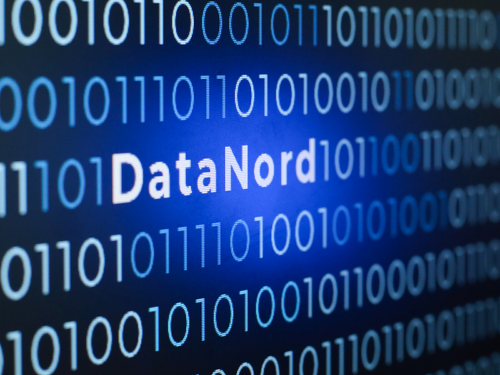
- Active, Research project
We The (Social) Media: Social Media by and for social Movements
Funding institution: BMBF – Federal Ministry of Education and Research The aim of We The (Social) Media (WTSM) is to understand how members of social movements use social networks. This is important because millions of people use social networks to communicate, inform themselves and get in touch with each other. Social networks make it possible (…)
- Duration: 2023 – 2026
- Project lead: Prof. Dr. Andreas Breiter
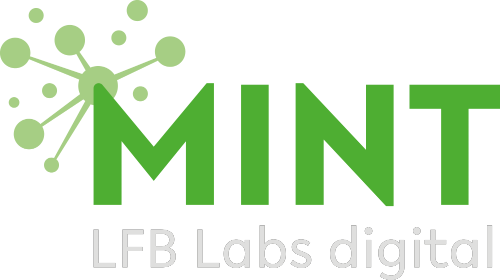
- Active, Research project
MINT-Digital-Labs
Funding institution: BMBF – Federal Ministry of Education and Research Project duration: 2023-2026 Collaborative project for the utilization of STEM student laboratories for teacher training Student laboratories have proven to be enormously beneficial for motivation, especially interest, in the sense of subject-related motivation, in STEM topics and working methods. In addition, they were able to (…)
- Duration: 2023 – 2026
- Project lead: Prof. Dr. Andreas Breiter

- Active, Research project
molo.news: Research Network Tests Bremen News App
- Duration: 2023 – 2026
- Project lead: Prof. Dr. Andreas Hepp, Prof. Dr. Wiebke Loosen , Prof. Dr. Christian Pentzold
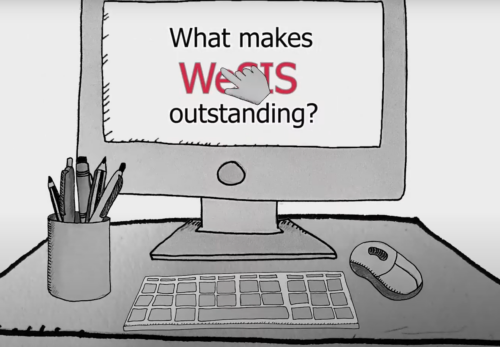
- Completed, Research project
Sub-Project INF: Further Development of the Global Welfare State Information System (WeSIS), eScience Services and Research Data Management
Project management: Prof. Dr. Andreas Breiter Funding institution: DFG – German Research Foundation The information infrastructure project (INF project) “Advancing the Global Welfare State Information System (WeSIS), eScience Services and Research Data Management” has four main objectives: (1) to further develop the Global Welfare State Information System and open WeSIS to the scientific community; (2) to (…)
- Duration: 2022 – 2025
- Project lead: Prof. Dr. Andreas Breiter
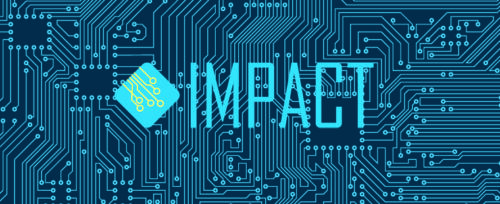
- Active, Research project
Project IMPACT
Project management: Prof. Dr. Karsten D. Wolf & Prof. Dr. Andreas Breiter Funding institution: BMBF – Federal Ministry of Education and Research The joint project IMPACT promotes the improvement of higher education through the scalable use of artificial intelligence (AI) methods for the (partially) automated analysis of texts. The fundamental aim of the project is (…)
- Duration: 2021 – 2025
- Project lead: Prof. Dr. Andreas Breiter, Prof. Dr. Karsten D. Wolf

- Completed, Research project
Imaginaries of Artificial Intelligence: The Communicative Construction of AI in China, Germany and the US
Partner: Institute for Communication and Media Research at the University of Zurich Funding: Swiss National Science Foundation (SNSF) & German Research Foundation (DFG) Artificial intelligence (AI) is considered a key technology in today’s societies. Political and economic actors in many countries have allocated considerable resources to AI development, and the technology is the subject of (…)
- Duration: 2021 – 2025
- Project lead: Prof. Dr. Christian Katzenbach
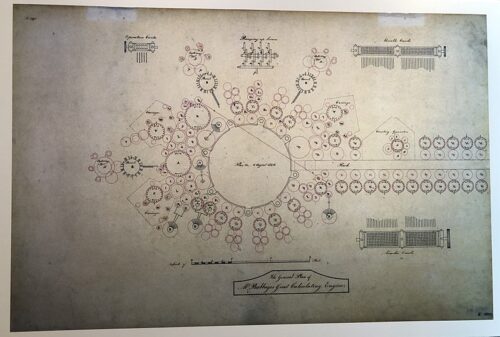
- Completed, Research project
Shaping 21st Century AI – Controversies and Closure in Media, Policy and Research
Team: Prof. Dr. Christian Katzenbach, Dr. Anna Jobin, Laura Liebig, Licina Güttel Partners: Medialab at Sciences Po, Paris, Centre for Interdisciplinary Methods (CIM) at the University of Warwick, and the NENIC Lab at INRS Montreal, as well as the Algorithmic Media Observatory at Concordia University Funding: Open Research Area (ORA) funding line from DFG, ANR, (…)
- Duration: 2021 – 2024
- Project lead: Prof. Dr. Christian Katzenbach

- Completed, Research project
DFG project "The sustainable provision of software for research on cross-media practices and digital traces"
- Duration: 2018 – 2024
- Project lead: Prof. Dr. Andreas Hepp

